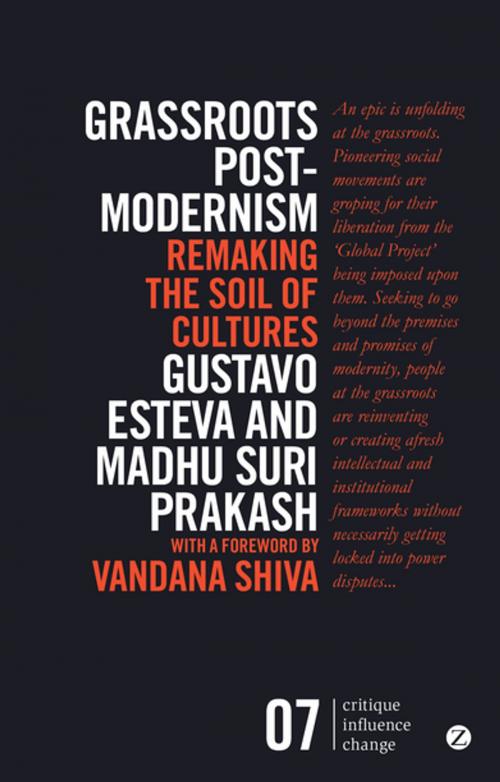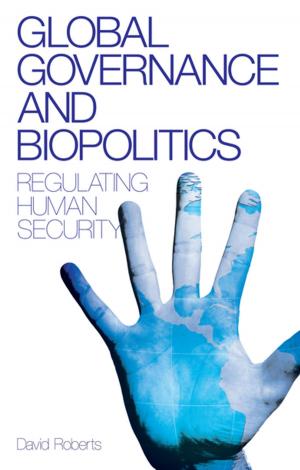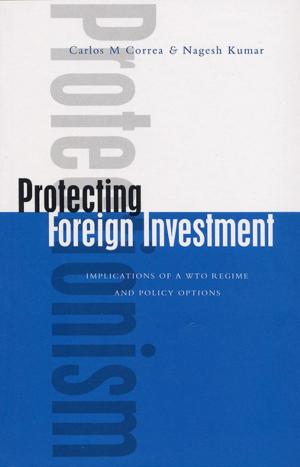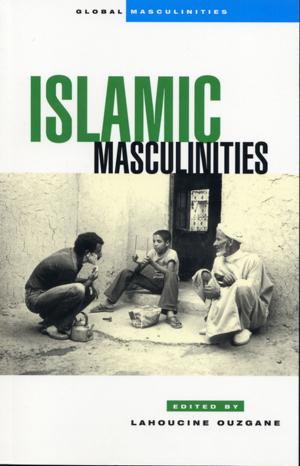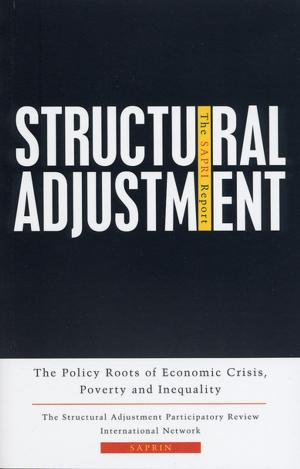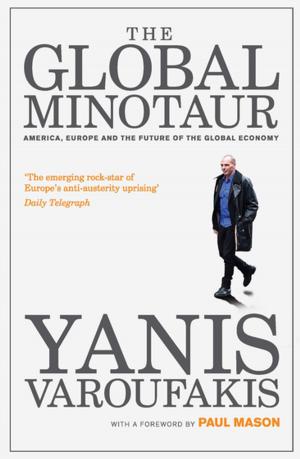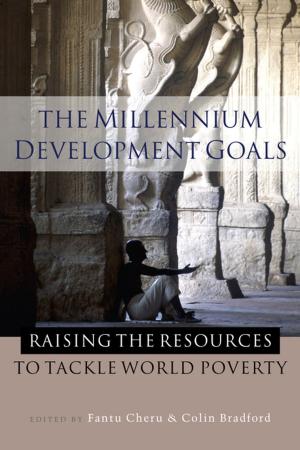Grassroots Postmodernism
Remaking the Soil of Cultures
Nonfiction, Social & Cultural Studies, Social Science, Human Geography, Reference & Language, Reference| Author: | Gustavo Esteva, Madhu Suri Prakash | ISBN: | 9781783601844 |
| Publisher: | Zed Books | Publication: | August 14, 2014 |
| Imprint: | Zed Books | Language: | English |
| Author: | Gustavo Esteva, Madhu Suri Prakash |
| ISBN: | 9781783601844 |
| Publisher: | Zed Books |
| Publication: | August 14, 2014 |
| Imprint: | Zed Books |
| Language: | English |
With the publication of this remarkable book in 1998, Gustavo Esteva and Madhu Suri Prakash instigated a complete epistemological rupture. Grassroots Post-modernism attacks the three sacred cows of modernity: global thinking, the universality of human rights and the self-sufficient individual. Rejecting the constructs of development in all its forms, Esteva and Prakash argue that even alternative development prescriptions deprive the people of control over their own lives, shifting this control to bureaucrats, technocrats and educators. Rather than presuming that human progress fits a predetermined mould, leading towards an increasing homogenization of cultures and lifestyles, the authors argue for a ‘radical pluralism’ that honours and nurtures distinctive cultural variety and enables many paths to the realization of self-defined aspirations. This classic text is essential reading for those looking beyond neoliberalism, the global project and the individual self.
With the publication of this remarkable book in 1998, Gustavo Esteva and Madhu Suri Prakash instigated a complete epistemological rupture. Grassroots Post-modernism attacks the three sacred cows of modernity: global thinking, the universality of human rights and the self-sufficient individual. Rejecting the constructs of development in all its forms, Esteva and Prakash argue that even alternative development prescriptions deprive the people of control over their own lives, shifting this control to bureaucrats, technocrats and educators. Rather than presuming that human progress fits a predetermined mould, leading towards an increasing homogenization of cultures and lifestyles, the authors argue for a ‘radical pluralism’ that honours and nurtures distinctive cultural variety and enables many paths to the realization of self-defined aspirations. This classic text is essential reading for those looking beyond neoliberalism, the global project and the individual self.
